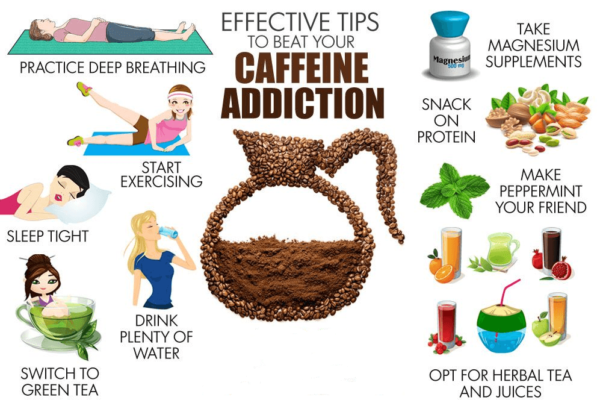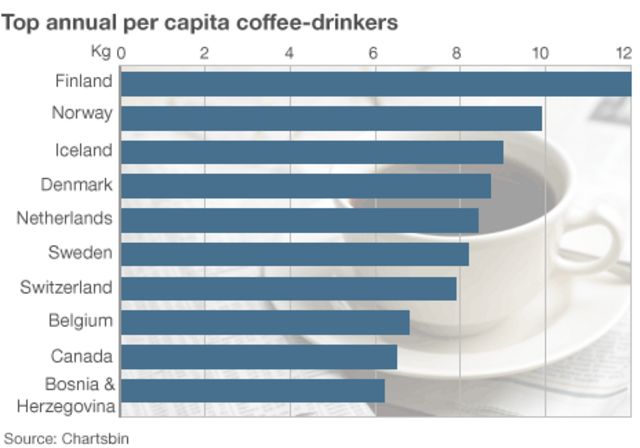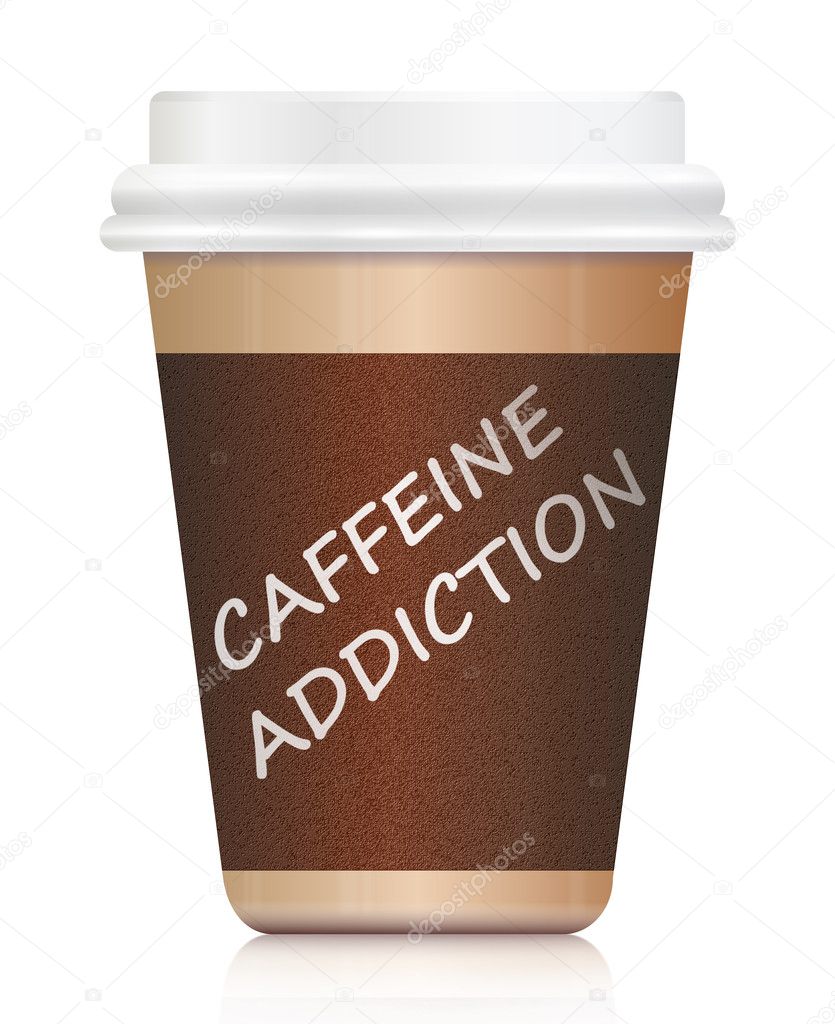What Does Caffeine - Alcohol and Drug Foundation Mean?

How Caffeine Addiction Can Happen To You - Lakeview Health can Save You Time, Stress, and Money.

What is caffeine? Caffeine is the stimulant in your coffee, tea, chocolate and soda that lowers tiredness, increases awareness and gives you an increase of energy. It can also trigger sleeping disorders, headaches, dehydration and hypertension, if you're not careful. For numerous, caffeine is a tool to assist them wake up, perk up and focus.

Caffeine Withdrawal: Symptoms, Timeline, & Treatment
Caffeine is a white, bitter substance that's found naturally in over 60 plants, including coffee beans, tea leaves and cacao pods that are used to make chocolate. The U.S. This Piece Covers It Well and Drug Administration (FDA) considers caffeine to be both a food additive and a drug. The quantity of caffeine in your food and drink differs.

5 Ways To Overcome Your Caffeine Addiction - Health
Coffee can have just two milligrams of caffeine (decaf coffee) per cup, and as much as 200 milligrams per cup. Your normal tea has about 40 milligrams of caffeine, but it can range from nine to 110 milligrams. Twelve ounces of soda pop/soft beverage usually has 30 to 60 milligrams of caffeine.
What effect does caffeine have on the body? Caffeine enters your blood stream from your stomach and small intestine. When in your blood stream, caffeine promotes your central nervous system your nerves, brain and spine to make you feel more awake and alert. Caffeine decreases fatigue and enhances focus and concentration.
Why Avoid Caffeine in Addiction Recovery - Ranch Creek - Questions
When you drink or consume caffeine, the dopamine signaling in your brain is boosted. Dopamine is a chemical that assists with controlling inspiration, emotions and movement. You feel more alert and awake when the signaling boosts. How much caffeine is excessive? The average American adult consumes 200 mg of caffeine a day.

13 Remedies To Help You Get Rid of Caffeine Addiction - lifeberrys.com
Taking in as much as 400 mg or 4 cups of coffee does not trigger issues for the majority of people. But, caffeine impacts people differently, depending on their size, gender and level of sensitivity to it. If you're sensitive to caffeine, even moderate quantities can cause sleeping disorders (problem sleeping), fast heart rate, anxiety and sensations of uneasyness.
What are the symptoms of having too much caffeine? Symptoms of having too much caffeine might include: Headache, uneasiness, dizziness. Having "the jitters" or feeling shaky. Insomnia or sleep that is "on and off" throughout the night. Racing heart or unusual heartbeat. Increase in blood pressure. Dehydration. Who should prevent caffeine? It's not safe for everyone to have caffeine in their diet.
